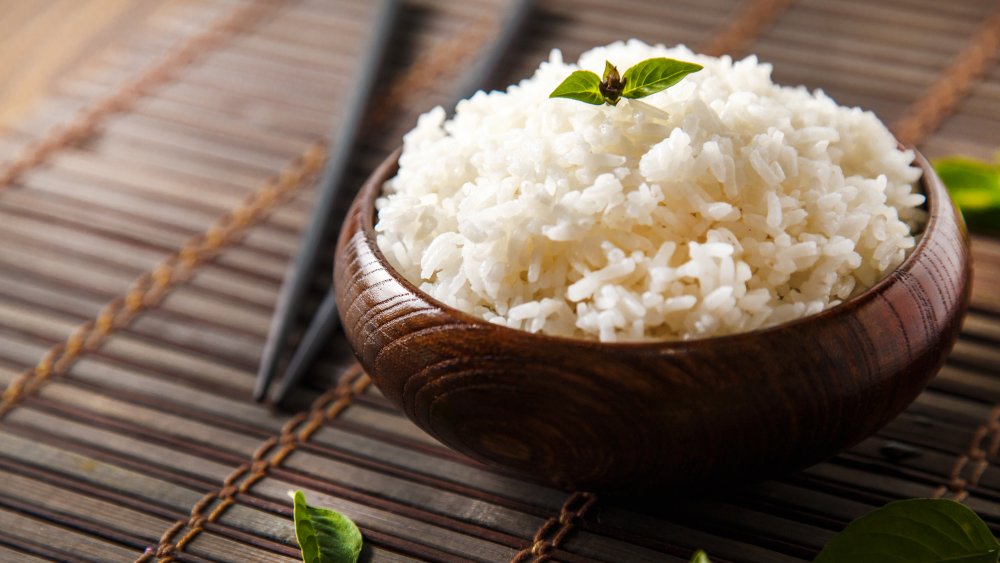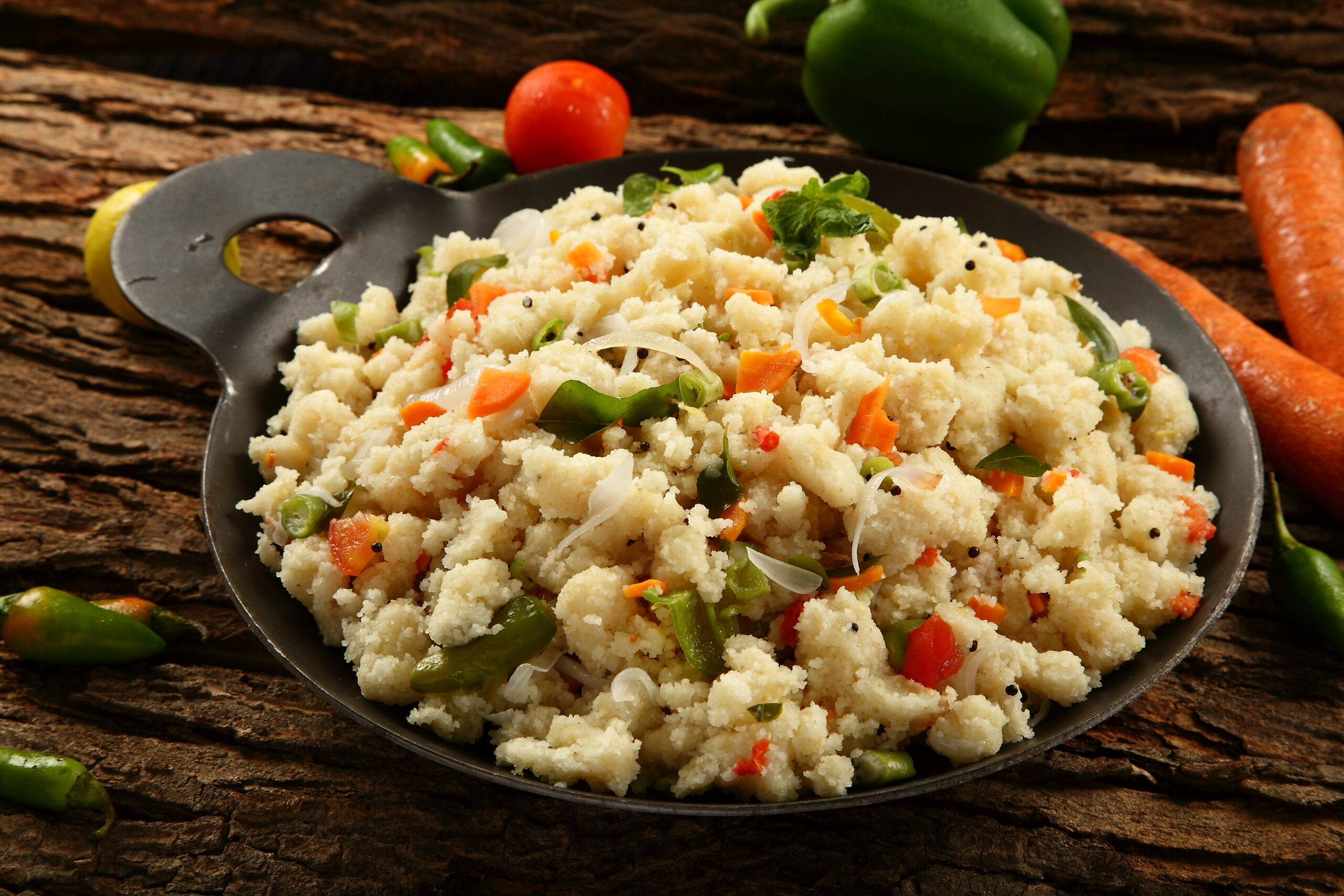Cassava Nutrients Unveiled: A Dive into the Nutritional Riches of Cassava Root

Introduction
Cassava, often referred to as “manioc” or “yuca,” is a starchy root vegetable that has been a dietary staple for centuries in various parts of the world. Its versatility, affordability, and ability to thrive in diverse climates have earned it a special place in the diets of millions. Beyond its culinary uses, cassava is a nutritional powerhouse, providing a range of essential nutrients that contribute to overall health. In this comprehensive exploration, we delve into the rich tapestry of cassava nutrients, shedding light on why this unassuming root deserves a spot on your plate.
A Nutrient-Rich Gem
Cassava is not just a source of carbohydrates; it’s a reservoir of vital nutrients that can bolster your well-being. While it might not be as flashy as some other superfoods, its nutritional profile is nothing short of impressive. Let’s unravel the key nutrients that make cassava a valuable addition to your diet.
Dietary Fiber for Digestive Health
It is a noteworthy source of dietary fiber, an essential component for maintaining a healthy digestive system. Fiber aids in preventing constipation, promoting regular bowel movements, and supporting gut health. A diet rich in fiber is also associated with reduced risk of certain chronic diseases, including heart disease and type 2 diabetes.
Energy-Packed Carbohydrates
Cassava’s fame as a carbohydrate source is well-deserved. Carbohydrates are the body’s primary energy source, and it provides a sustained release of energy due to its complex carbohydrate content. This makes it an ideal choice for individuals who need a steady supply of energy throughout the day.
Vitamins for Vitality
It contains a variety of vitamins that contribute to overall health:
Vitamin C: This potent antioxidant plays a crucial role in immune function, skin health, and wound healing. Including cassava in your diet can help boost your body’s defense against infections and support collagen production.
Vitamin B Complex: It provides various B vitamins, including thiamine (B1), riboflavin (B2), and niacin (B3). These vitamins are essential for energy production, nervous system function, and metabolism.
Folate (Vitamin B9): Folate is particularly important for pregnant women, as it plays a vital role in fetal development. It’s also necessary for DNA synthesis and red blood cell production.
Minerals for Vital Functions
It is a rich source of essential minerals that contribute to various physiological functions:
Calcium: Important for bone health and muscle contraction.
Magnesium: Essential for nerve function, muscle relaxation, and bone health.
Potassium: A key electrolyte that helps maintain fluid balance, nerve transmission, and muscle function.
Iron: Necessary for oxygen transport in the blood and prevention of iron-deficiency anemia.
Antioxidant Compounds
It contains antioxidants, including flavonoids and phenolic compounds, that help combat oxidative stress and reduce the risk of chronic diseases. These antioxidants contribute to overall cellular health and may have protective effects against inflammation.
Resistant Starch: A Unique Component
One of the unique qualities of cassava is its content of resistant starch. Resistant starch is a type of carbohydrate that resists digestion in the small intestine and reaches the large intestine mostly intact. There, it serves as food for beneficial gut bacteria, promoting gut health and contributing to a balanced microbiome. This property of cassava makes it a potential prebiotic, which supports the growth of beneficial gut bacteria.
Cassava Processing and Nutrient Retention
It’s important to note that the way it is processed can influence its nutrient content. While fresh cassava retains its nutritional value, some processing methods, such as excessive boiling, can lead to nutrient loss. To preserve its nutrients, consider using cooking methods like steaming, roasting, or baking.
Cassava and Dietary Diversity
While cassava is undoubtedly nutritious, it’s important to incorporate it as part of a balanced and diverse diet. Relying solely on cassava might lead to imbalances in nutrient intake. Instead, use it as a complement to other nutrient-rich foods, such as vegetables, fruits, lean proteins, and whole grains.
Conclusion
It is more than just a carbohydrate source; it’s a trove of essential nutrients that contribute to overall health and vitality. From its dietary fiber content that supports digestion to its array of vitamins and minerals that power various bodily functions, it has earned its place as a valuable food source. As with any food, moderation and variety are key. By incorporating cassava into a well-rounded diet, you can enjoy its nutritional benefits while savoring its culinary versatility. Whether it’s cassava fries, cassava-based stews, or cassava-based flours, this root vegetable can be a tasty and nutritious addition to your meals.



































